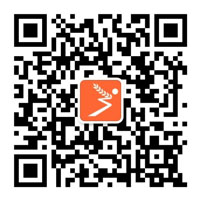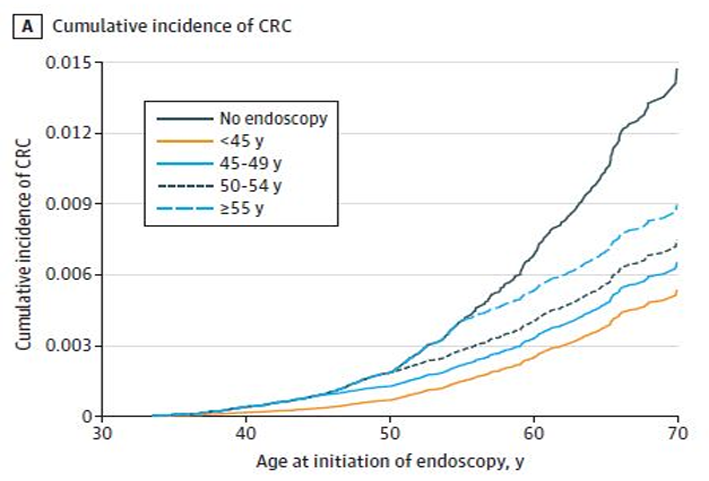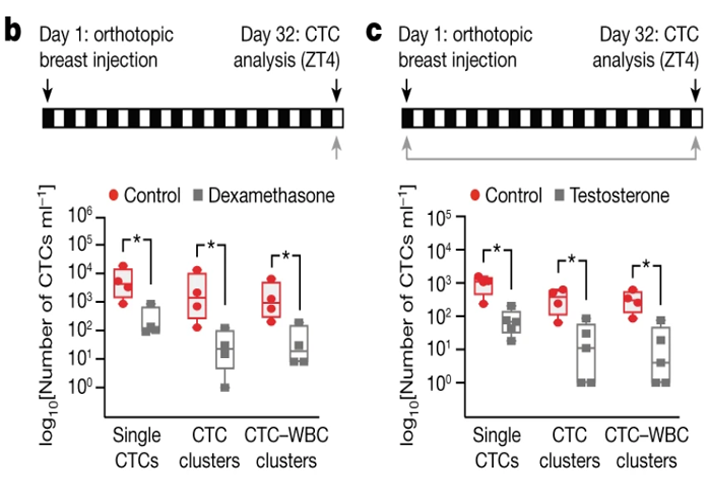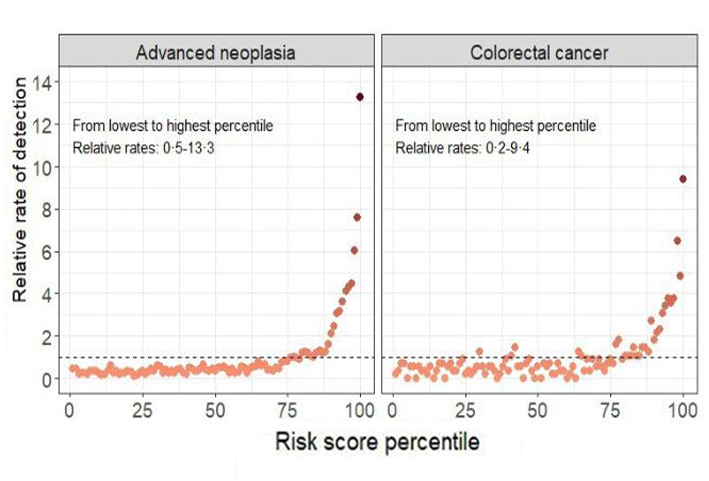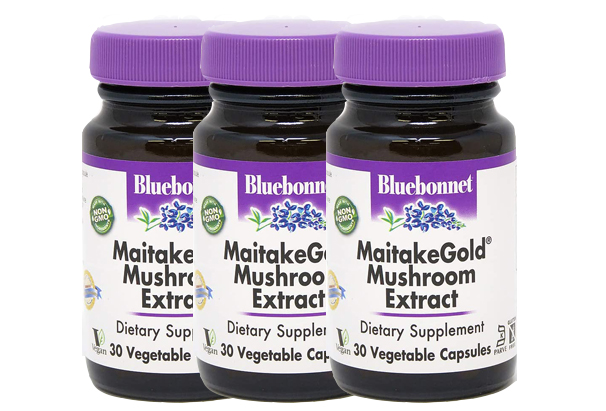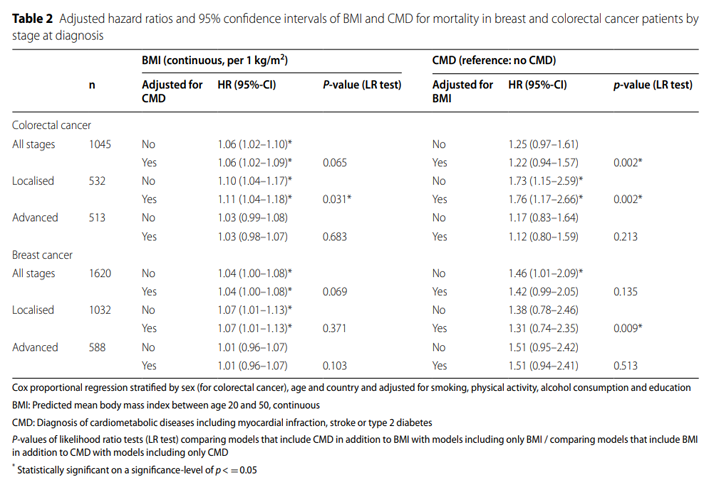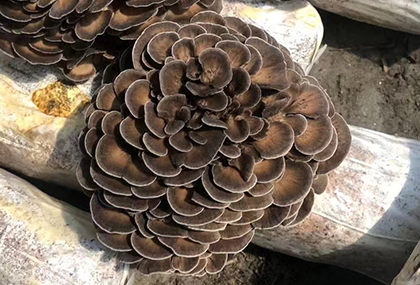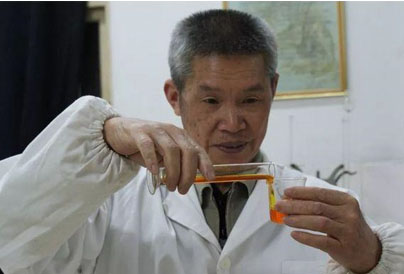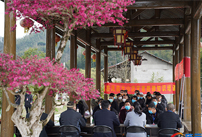Non small cell lung cancer (NSCLC) is the most common histological type of lung cancer, accounting for more than 80% of lung cancer cases. Due to the high invasiveness of NSCLC and the lack of effective early screening program, 70% of lung cancer patients in China were already in advanced stage when diagnosed.
Platinum based dual drug chemotherapy is the traditional standard regimen for the treatment of advanced NSCLC, but the corresponding 5-year survival rate is still very low, less than 5%. In the past few decades, more and more evidence shows that angiogenesis plays a key role in the growth, proliferation and metastasis of many solid tumors. Anti angiogenesis drugs can act on tumor microenvironment, degrade existing tumor blood vessels, and inhibit tumor angiogenesis. Clinical data show that the combination of antiangiogenic drugs and other NSCLC system drugs (including chemotherapy, small molecule targeted therapy, immunotherapy) can play a better anti-tumor role, delay drug resistance, and manage adverse reactions.
At present, three anti angiogenesis drugs have been approved in China for the treatment of patients with advanced NSCLC, including bevacizumab, a vascular endothelial growth factor (VEGF) inhibitor, recombinant human endostatin and small molecule multi-target tyrosine kinase inhibitor (TKI) arotinib. All three drugs have entered the national medical insurance catalogue.
Therefore, with the continuous development of anti angiogenic drugs and the continuous improvement of drug availability in China, anti angiogenic drugs are one of the indispensable treatment methods for patients with advanced NSCLC.
From the data of clinical research, the adverse reactions of antiangiogenic drugs during the treatment of patients with advanced NSCLC are controllable and safe.
Common adverse events ≥ grade 3 include hypertension, proteinuria, bleeding, thromboembolism, etc.
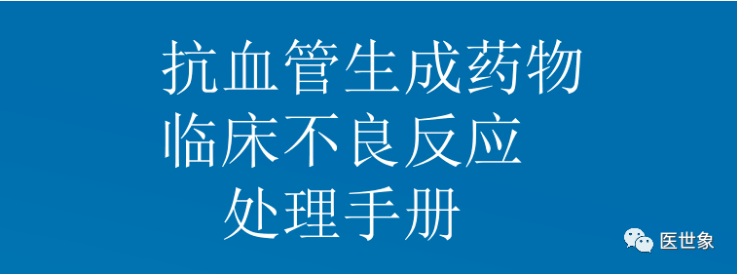
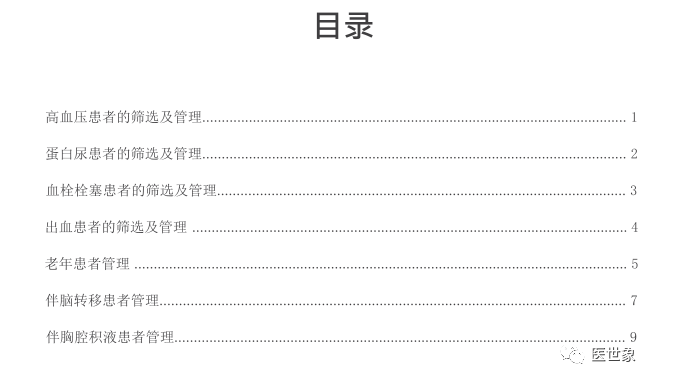
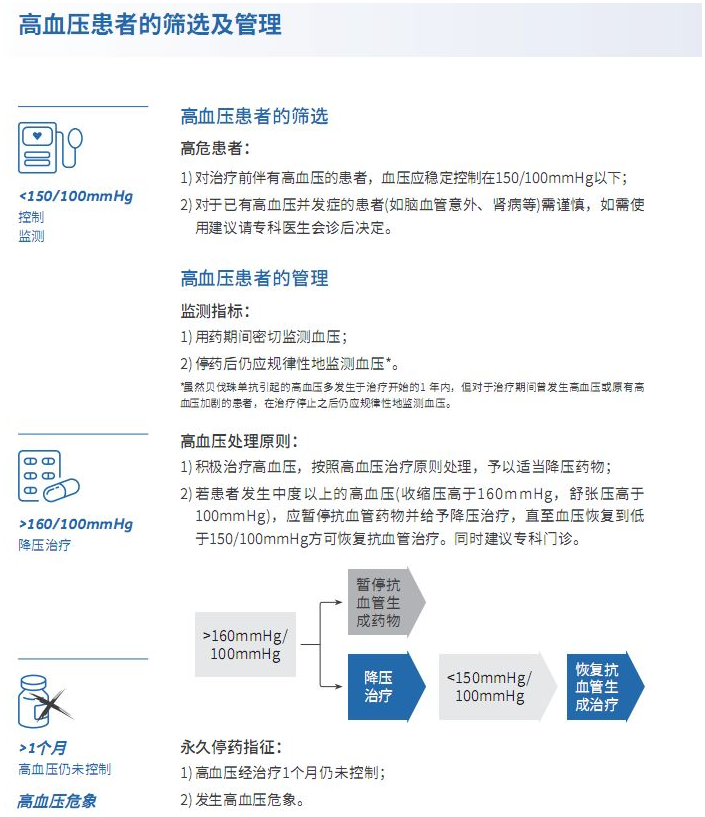
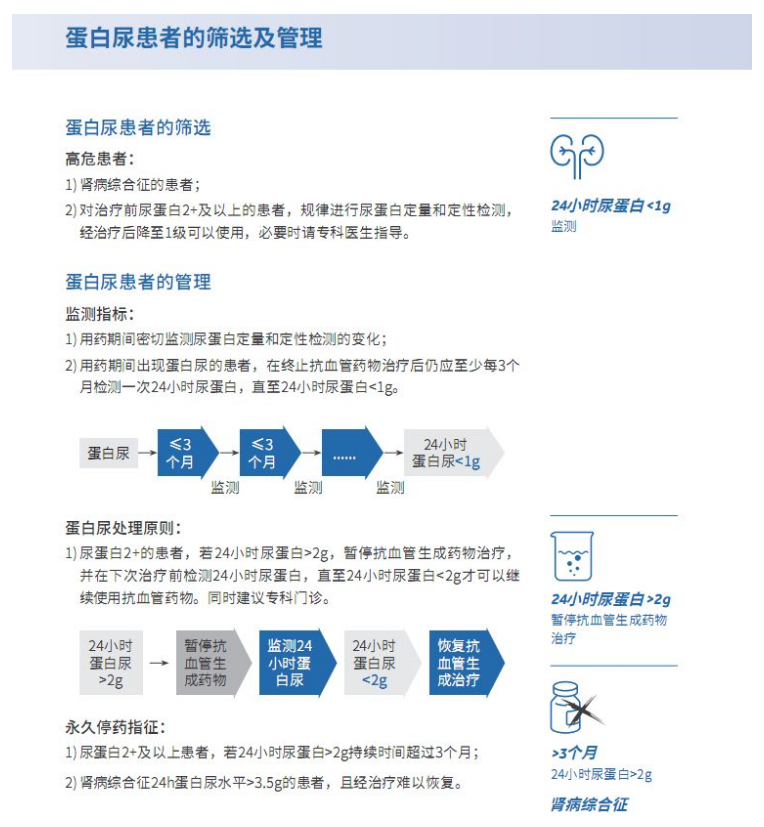
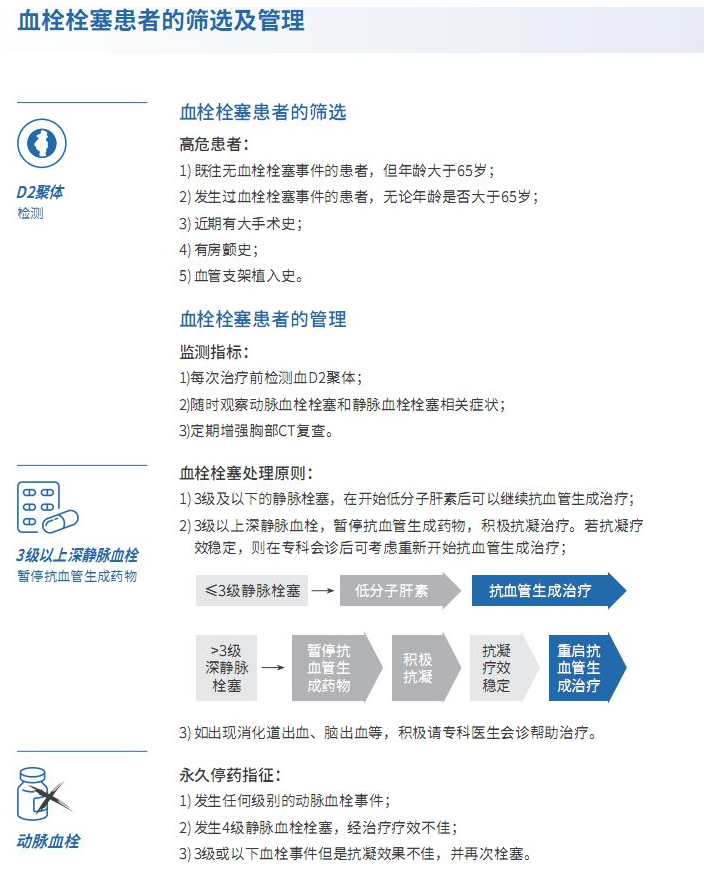
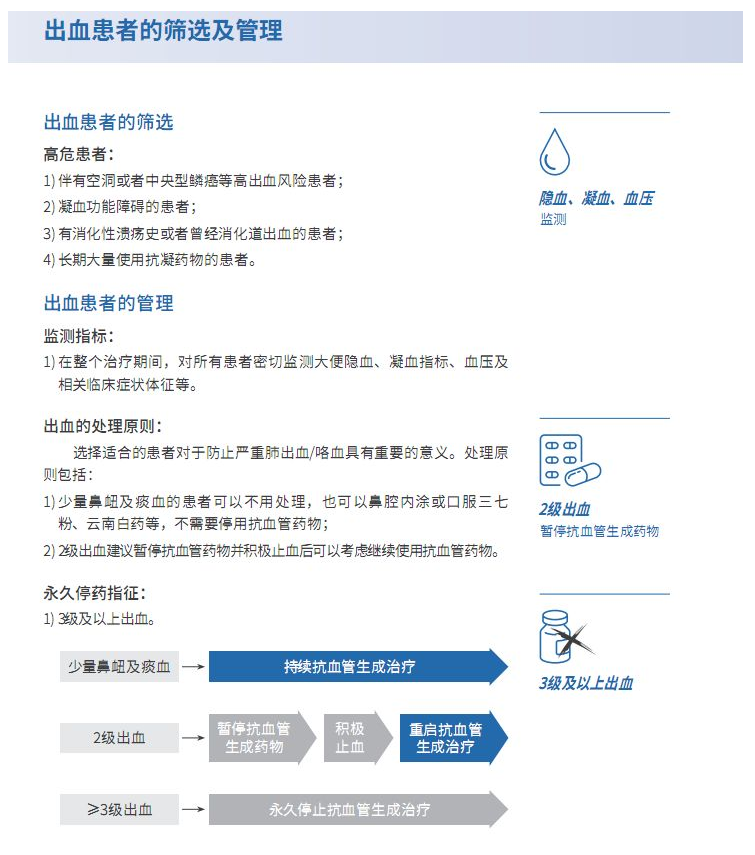

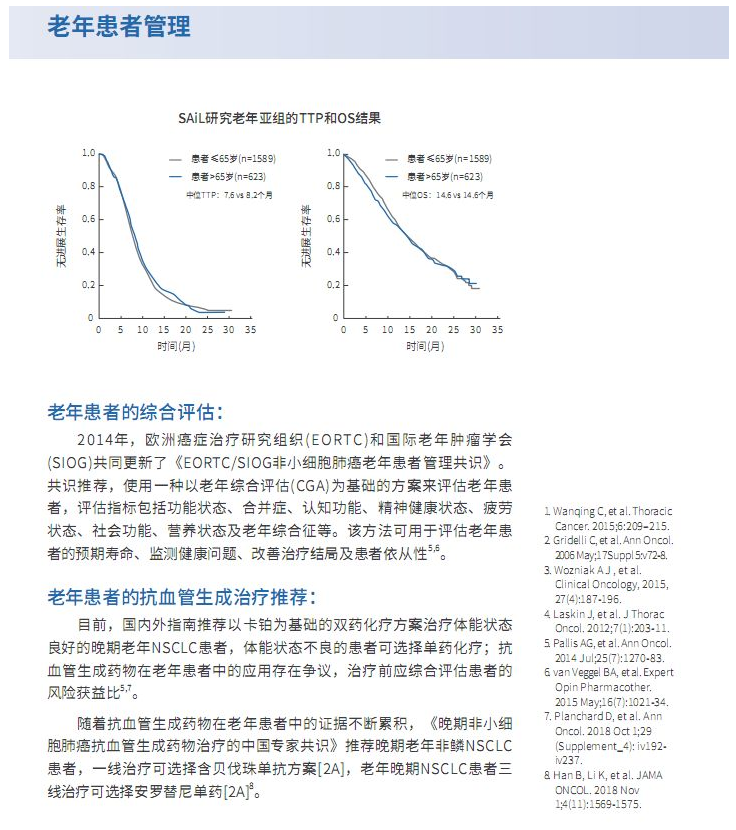

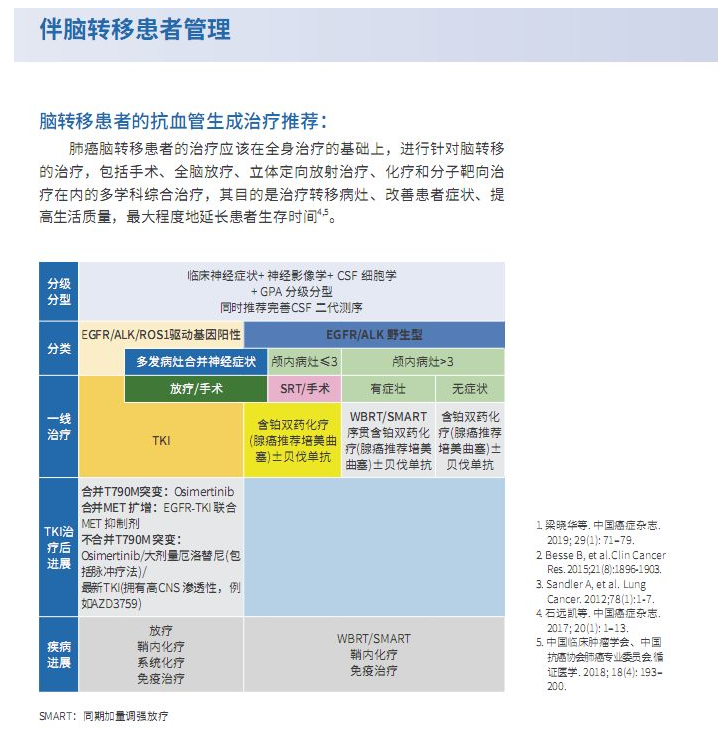
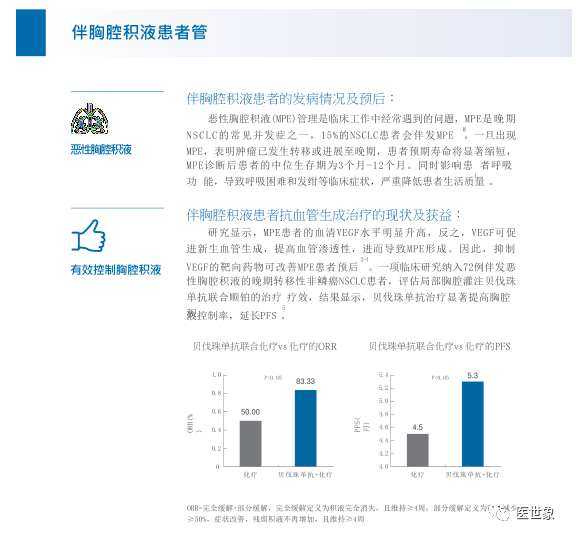
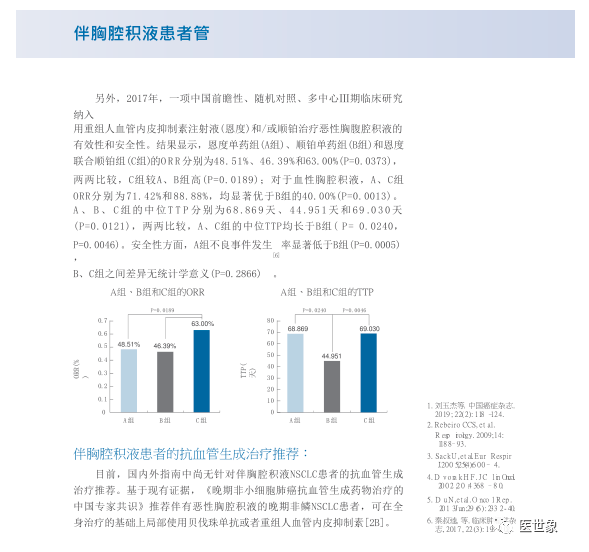
Source link:
https://www.cn-healthcare.com/articlewm/20220924/content-1440785.html
